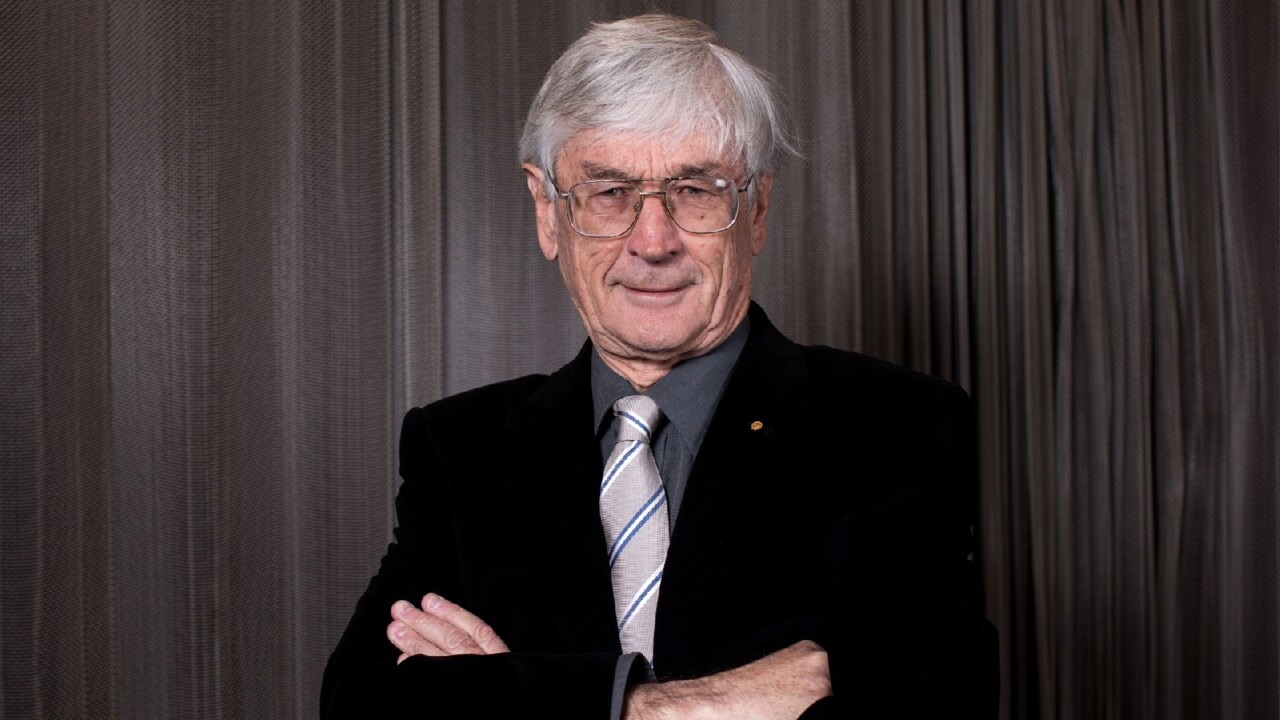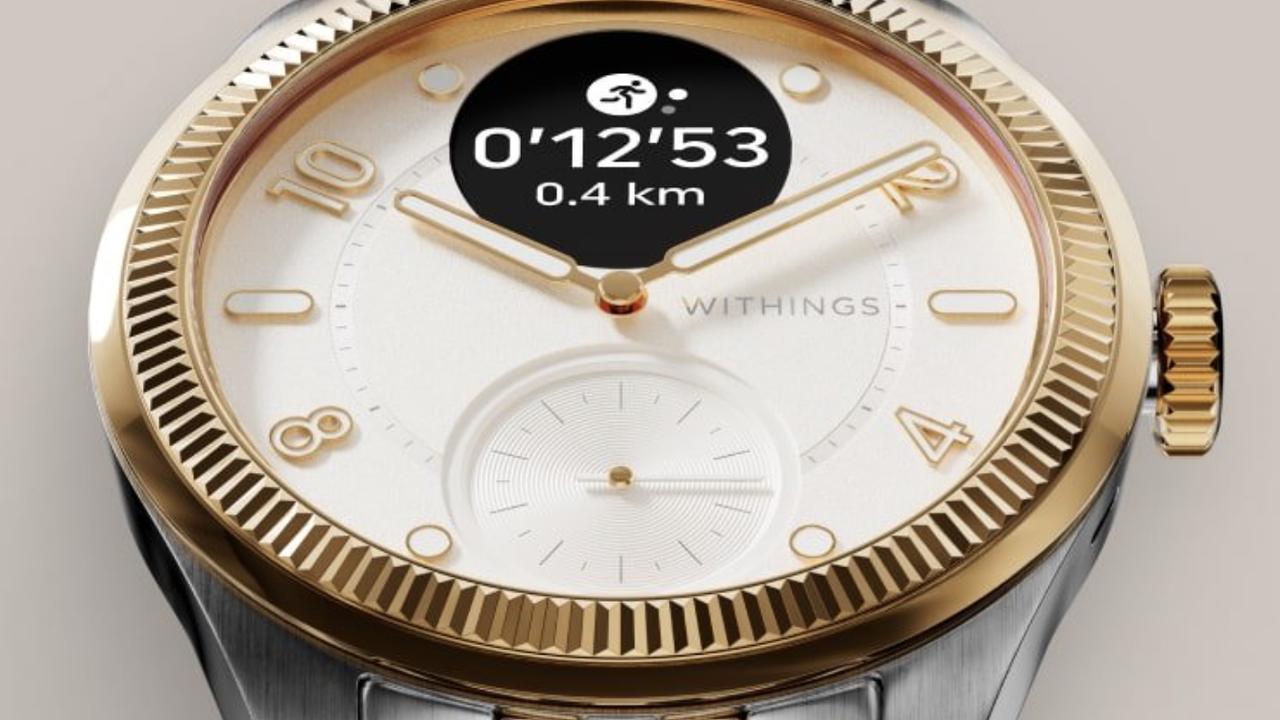Bias among fact-checking units revealed in analysis of misinformation and disinformation, IPA report finds
The nation’s three primary fact-checking units have been found to favour one side of politics when handing down their assessments on information in the public domain, a new report has found.

Business
Don't miss out on the headlines from Business. Followed categories will be added to My News.
The country’s three main fact-checking units are politically biased – usually favouring left-of-centre views – including on key issues relating to Covid, climate change and energy policy, a report has found.
Analysis by the Institute of Public Affairs has delved into more than 970 fact-check articles published since 2019 through to February this year and found 65 per cent of fact-checking investigation claims favoured left-leaning politicians, while 35 per cent were deemed as favourable to right-of-centre politicians.
The analysis by the think tank looked at fact checks completed by RMIT ABC Fact Check and RMIT FactLab led by director Russell Skelton – both taxpayer-funded companies. AAP FactCheck, which has received financial support from Google, was also included in the study.
All three fact check units are partners in Australia with social media giant Meta, led by Mark Zuckerberg, as part of its international fact-checking network.

The report also showed the three fact-checking organisations focused most of their attention on issues relating to Covid, climate change and energy, while focusing little attention to claims made by advocates on these issues.
The IPA’s director of law and policy, John Storey, said fact checkers were “given a quasi-official role” and used by social media giants as “umpires to determine what is misinformation or not”. He said: “If you get a negative verdict from these fact checkers, they will shadow ban or silence or outright block that content from social media.”
In relation to Covid policy, the three fact-checking units investigated 534 claims by critics (94 per cent of all Covid-related claims), while just 6 per cent of claims by advocates of existing government policies were subjected to fact checks.
An RMIT spokeswoman defended the conduct of its fact checkers at the RMIT FactLab and RMIT ABC Fact Check units. “Fact checking aims to uphold the integrity of information in the public domain and does not involve the removal or censoring of information,” she said.
Tech giant Meta came under intense criticism last year after it forged ahead with its partnership with RMIT FactLab and reinstated its international fact-checking certification despite it being found to be operating without valid certification.
The unit tagged multiple articles by Sky News Australia with “false information” labels on its content, including relating to the voice referendum.
An assessment completed by the US-based International Fact-Checking Network declared that FactLab had its certification reinstated on November 3.
Originally published as Bias among fact-checking units revealed in analysis of misinformation and disinformation, IPA report finds
Read related topics:Climate Change





